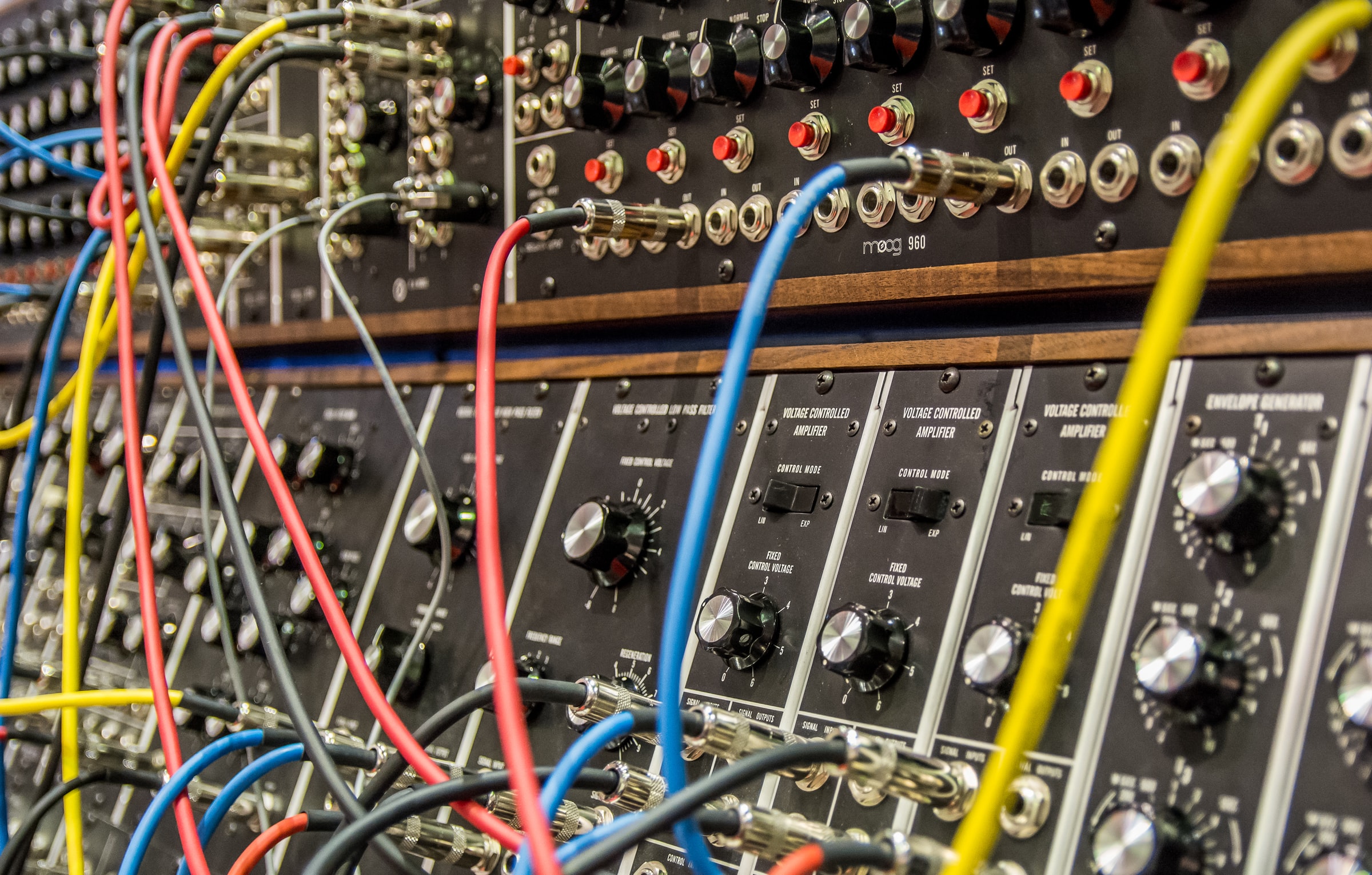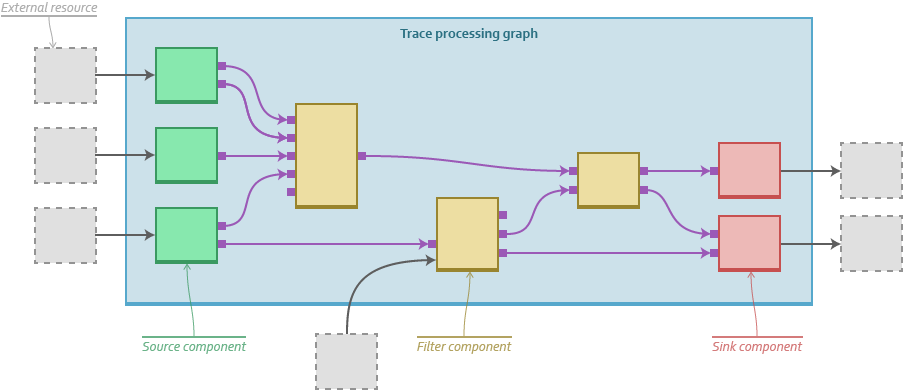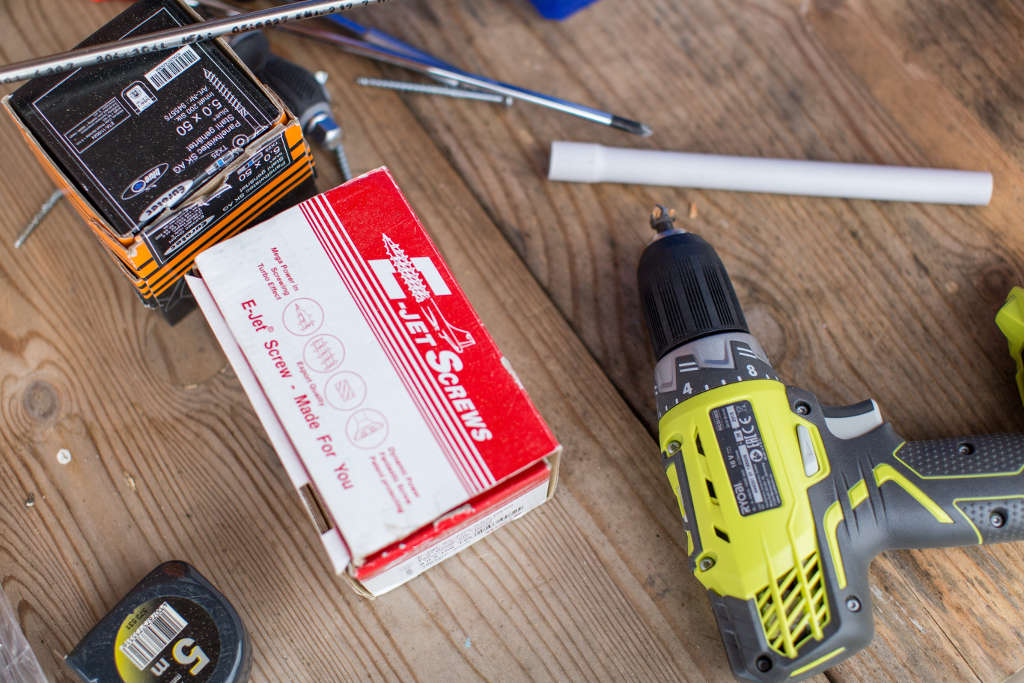A practical guide to LTTng buffer allocation strategies

When configuring LTTng for tracing, one of the most important decisions is how to allocate and manage channel buffers. These buffers are at the heart of the tracer: they temporarily hold trace data before LTTng writes to disk or sends over the network. How you configure them determines the tradeoffs you make between performance, memory usage, and process isolation.
LTTng 2.15 brings new buffer parameters and features that make channel buffer configuration even more flexible, giving you finer control over how the tracer manages memory.
This all happens at channel creation time using the
lttng enable-channel command.
This post explains the different buffer allocation options, their tradeoffs, and when to use each one.



